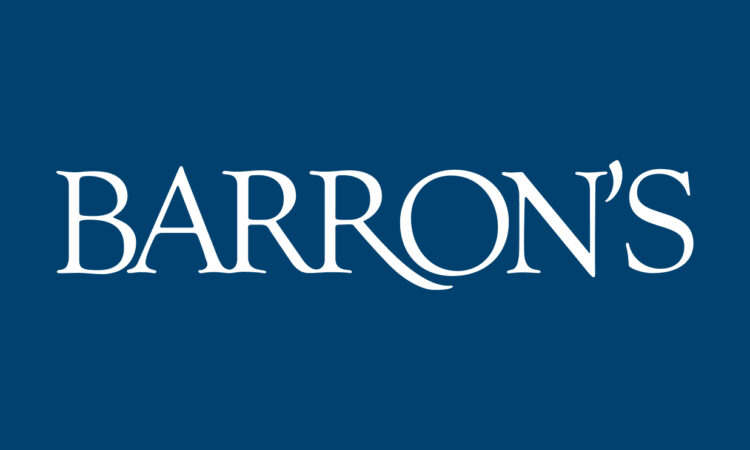
Germany’s finance minister on Thursday criticised the German European Commission chief Ursula von der Leyen for overseeing “lost years” for Europe’s economy.
“The past few years under the responsibility of a commission led by Ursula von der Leyen have been lost years for competitiveness,” Christian Lindner said on arrival for a Luxembourg meeting of Eurozone finance and economy ministers.
The broadside against von der Leyen exposed tensions in German politics, as well as campaign jockeying ahead of EU elections in June that von der Leyen hopes will lead to her getting a second term.
Lindner is from the economically liberal Free Democratic Party that is part of Germany’s governing coalition, alongside the centre-left Social Democrats of Chancellor Olaf Scholz and the Greens.
Von der Leyen’s centre-right Christian Democratic Union (CDU), which is tied with the Christian Social Union in Bavaria (CSU), is in opposition.
Advertisement – Scroll to Continue
“Unfortunately, Ursula von der Leyen did not use her term in office to strengthen the European economy, rather setting other priorities,” Lindner said.
“We must now catch up all the more in the coming months and years. Economic strength is also a factor in geopolitics,” he said.
European industry has frequently complained of high energy prices and environmental rules that have added costs and bureaucracy.
Advertisement – Scroll to Continue
The EU economy overall has been stagnating for the last year and a half, with the fall-out from Russia’s 2022 invasion of Ukraine hitting energy supplies and spurring a period of high inflation.
In 2023, the EU’s GDP growth was just 0.4 percent, compared with 2.5 percent in the United States and 5.2 percent in China.
European companies are also being tempted by generous US subsidies to relocate across the Atlantic.
Advertisement – Scroll to Continue
As one of the most recognisable faces in European Union politics, von der Leyen is favoured to get another five-year term at the helm of the European Commission following the June elections for the European Parliament.
She has the backing of the European People’s Party, a conservative grouping that is the biggest in the parliament and which includes her CDU.
But the European Commission chief is facing increasing headwinds.
Some of her commissioners and the European Parliament have questioned recent decisions, while her management style, relying on a close circle of advisors and sometimes little consultation, has frustrated some in Brussels.
aro/rmb/del/tw






